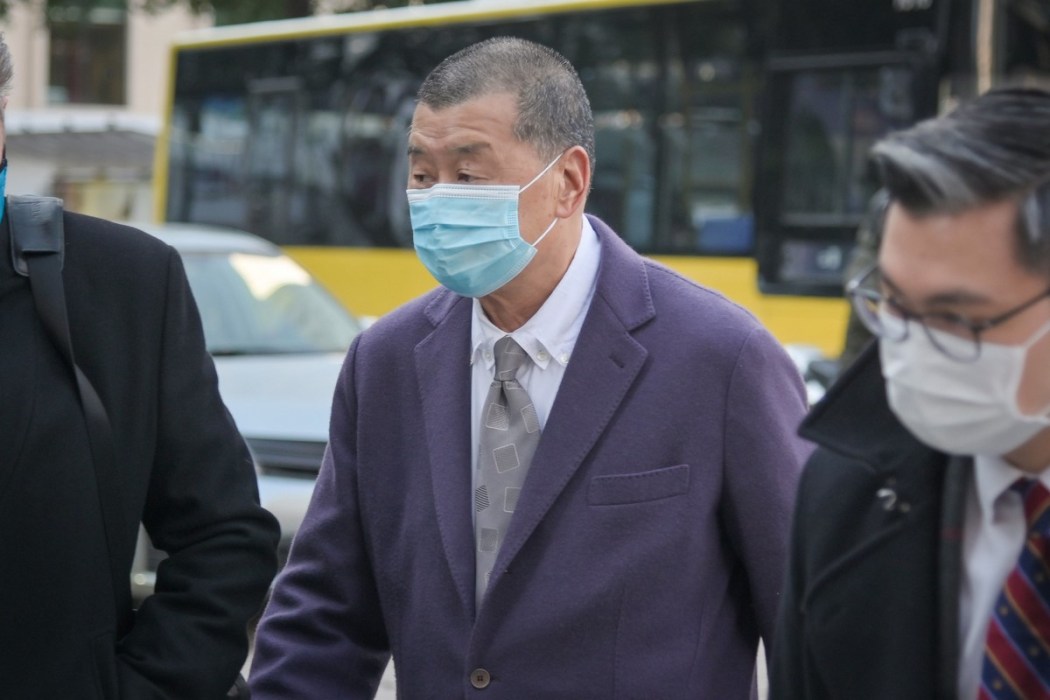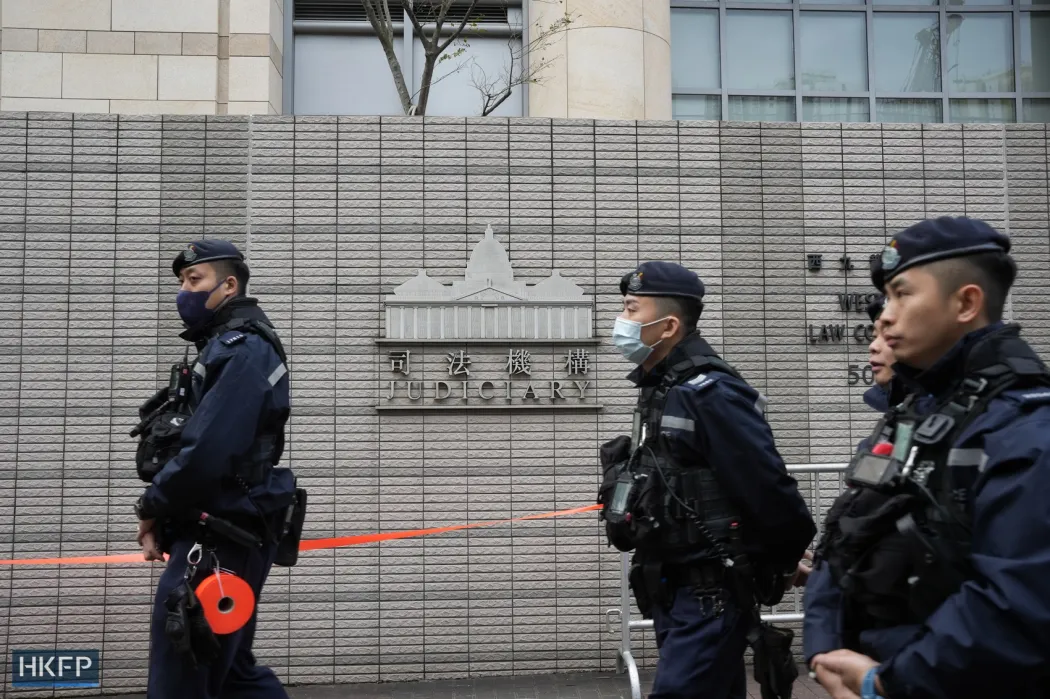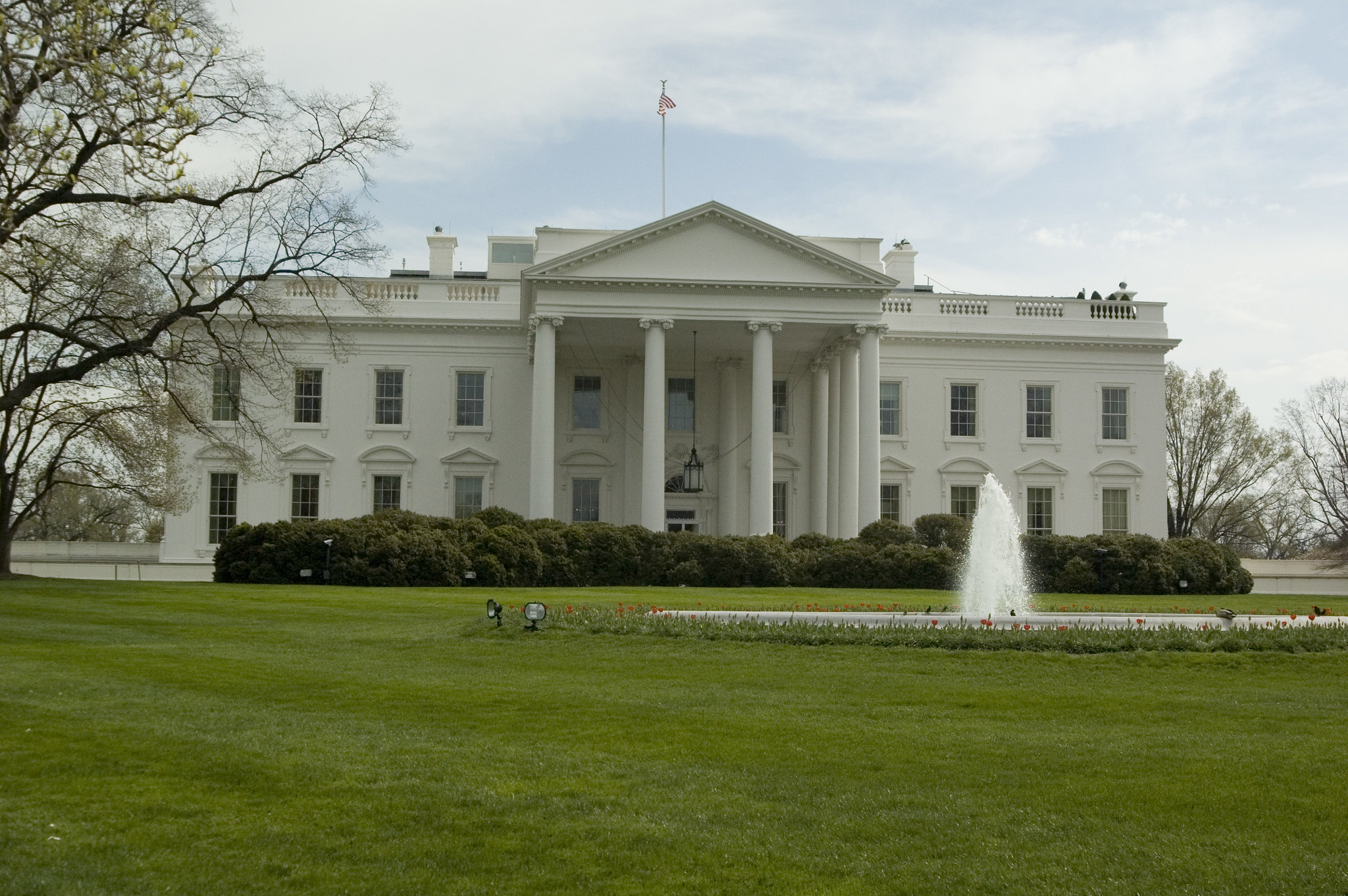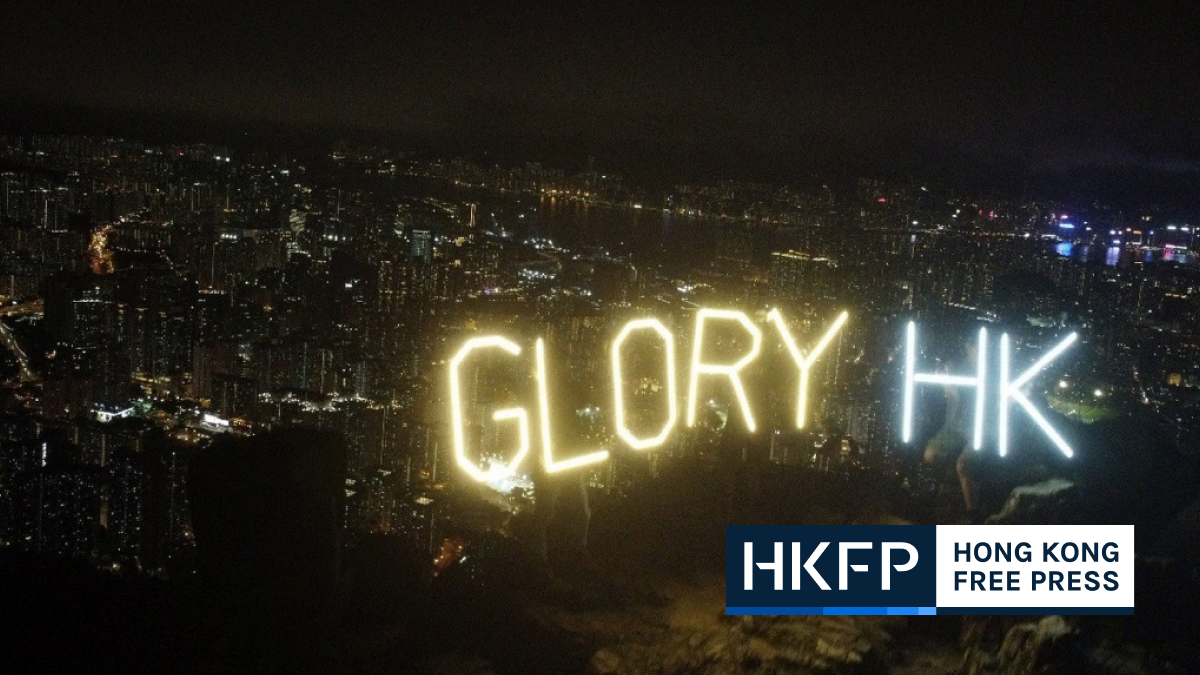A Hong Kong court will hear a law professor’s testimony on US sanctions against mainland Chinese and the city’s officials in media mogul Jimmy Lai’s closely-watched national security trial, the judges have ruled despite the defence’s objection.

The trial resumed on Tuesday as Lai appeared before a panel of three handpicked national security judges at West Kowloon Law Courts Building. The hearing followed a brief adjournment last Thursday, when the defence said they would dispute the admissibility of two reports prepared by Wang Guiguo, an expert witness for the prosecution.
Wang, the chair professor of Chinese and comparative law in the City University of Hong Kong, would “identify the sanctions, blockade or hostile activities imposed or being considered by the [US]” on mainland China and Hong Kong, as well as explain the “impact” and “consequence” of such measures in his reports, the prosecution told the court.
The reports would examine various US legislations including the Hong Kong Human Rights and Democracy Act and the Hong Kong Autonomy Act, lead prosecutor Anthony Chau said. The US enacted the laws in response to the 2019 protests and unrest and Beijing’s imposition of the national security law the following year.
Under the Hong Kong Human Rights and Democracy Act, the US is to annually assess the city’s political developments and impose sanctions on individuals seen as violating human rights in Hong Kong. The Hong Kong Autonomy Act allows the US to impose sanctions on individuals who contribute “to China’s failure to preserve Hong Kong’s autonomy,” according to the bills.

Since then, the US has imposed sanctions on top Hong Kong and Beijing figures. Those sanctioned in Hong Kong include Chief Executive John Lee and Secretary for Constitutional and Mainland Affairs Erick Tsang.
Lai, the founder of the now-defunct pro-democracy newspaper Apple Daily, faces one count of conspiring to publish “seditious” materials under the colonial-era sedition law and two counts of conspiring to collude with foreign forces under the Beijing-imposed national security law.
The 76-year-old faces up to life imprisonment if convicted.
Relevance in dispute
In Tuesday’s hearing, defence lawyer Steven Kwan said that Wang’s reports would be irrelevant in proving Lai’s foreign collusion offences.
Kwan argued that the court did not need to hear an expert’s views on foreign sanctions to ascertain the “existence and the content” of the US legislations in question. He further pointed to Wang’s conclusion in the report that the US legislations “had severe impact” on the city’s stability as an international financial hub as disputable.

The prosecution said there was no need to establish any “causal link” between Lai’s alleged conspiracies and foreign governments’ decisions to impose sanctions on mainland Chinese and Hong Kong officials, and that whether there were any such links to begin with “really depends on the evidence.”
The three-judge panel said Wang’s expertise on American law had not been disputed and ruled that his reports were admissible.
“At this stage we are only concerned with the admissibility rather than [the] weight of Prof. Wang’s evidence. Whether or not we would accept his evidence is a matter to be decided at the end of the day,” judge Alex Lee said as he read out the six-page judgement.
Lee added that the expert’s opinions would help the court determine whether the US sanctions amounted to the “sanctions, blockage or hostile activities” outlawed by the national security law.
Accomplice witness
Tuesday marked the 10th day of Lai’s national security trial, seen globally as a bellwether for the city’s press freedom under the national security law.

The court has so far heard allegations that the former media mogul was a “mastermind” who orchestrated the alleged conspiracies, using the now-shuttered Apple Daily as a platform and providing instructions and financial support to his aides to lobby for international sanctions.
The trial will continue on Wednesday with the first accomplice witness, former Next Digital CEO Cheung Kim-hung, expected to be called. Cheung is among the newspaper’s former executives who were charged alongside Lai and who pleaded guilty in November 2022.
The former executives will face sentencing after Lai’s trial, and meanwhile, some are set to testify against the media mogul.
Cheung is slated to take the witness stand for a week, Chau told the court.
Support HKFP | Policies & Ethics | Error/typo? | Contact Us | Newsletter | Transparency & Annual Report | Apps
Help safeguard press freedom & keep HKFP free for all readers by supporting our team
























